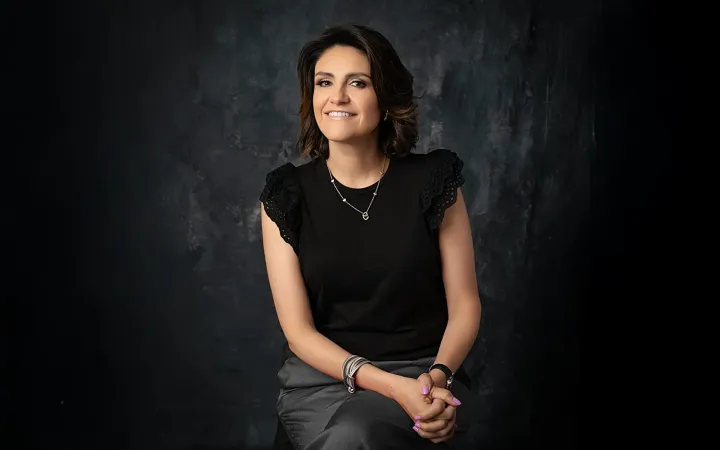Por Ana Cecilia Pérez
El avance de la tecnología siempre ha ido acompañado de debates regulatorios. Hoy, la Inteligencia Artificial (IA) y las redes sociales están en el centro de la conversación. ¿Cómo logramos un equilibrio entre proteger a las personas, en especial a niños y adolescentes, sin caer en medidas excesivas que afecten la libertad de acceso a la información y la innovación?
En Querétaro, se ha propuesto bloquear las redes sociales a menores de 14 años y prohibir el uso de celulares en las escuelas, siguiendo el ejemplo de países como Francia, donde los teléfonos están restringidos en el aula desde 2018, o China, que ha limitado el tiempo de uso de TikTok para menores. En Estados Unidos, varios estados han implementado regulaciones similares, como exigir consentimiento parental para que menores accedan a plataformas sociales.
El argumento detrás de estas iniciativas es claro: los riesgos para la salud mental, el ciberacoso y la exposición a contenido inapropiado son problemas reales. Sin embargo, estas restricciones también reflejan una realidad incómoda: la falta de educación digital desde edades tempranas y el desconocimiento de muchos padres sobre cómo guiar a sus hijos en el uso seguro de las plataformas digitales.
La Organización Mundial de la Salud (OMS) ha alertado sobre el incremento en problemas de ansiedad y depresión en menores de edad, en gran parte relacionado con el uso descontrolado de redes sociales y la falta de límites claros. A esto se suma un fenómeno que observo constantemente en mis talleres y conferencias para niños y padres de familia: muchos padres no solo permiten, sino que ayudan a sus hijos a mentir sobre su edad para acceder a plataformas que claramente indican que no son aptas para ellos.
Cuando los propios adultos refuerzan que "mentir no pasa nada" para acceder a una red social, se abre la puerta a normalizar conductas que pueden escalar en riesgos mayores. El problema no es solo el acceso, sino la falta de educación sobre cómo usar la tecnología de forma segura y responsable.
El no educar en el uso adecuado de las plataformas digitales impide que los niños y adolescentes desarrollen criterio, lo que los hace vulnerables a la manipulación, la desinformación y los riesgos cibernéticos. No se trata sólo de evitar que se expongan, sino también de enseñarles a no usar la tecnología indebidamente, afectando la privacidad y seguridad de los demás.
Mientras tanto, la regulación de la IA avanza en varias partes del mundo. En México aún no existe una legislación específica sobre IA, pero en América Latina ya hay países como Brasil y Perú que han desarrollado marcos regulatorios iniciales.
En Europa, el Reglamento de IA de la Unión Europea impone estrictos controles sobre sistemas de alto riesgo, prohibiendo aquellos que puedan vulnerar derechos fundamentales. En Estados Unidos, el gobierno de Biden emitió una orden ejecutiva para regular la IA, enfocándose en seguridad y transparencia.
China ha tomado un camino distinto, estableciendo regulaciones estrictas para el uso de IA en redes sociales y publicidad, asegurando que los modelos de IA cumplan con reglas específicas antes de ser lanzados.
El dilema regulatorio en torno a la IA y las redes sociales no tiene una respuesta única.




